Your smile is often the first thing people notice, but keeping your teeth healthy is about much more than appearances. Strong, well-maintained teeth support proper chewing, speech, and overall confidence. Poor oral hygiene, on the other hand, can lead to cavities, gum disease, and even impact your heart and digestive health. In this guide, we’ll explore the best tips to keep your teeth health good, covering daily habits, nutrition, professional care, and modern dental innovations.
Understanding the Basics of Good Dental Hygiene
Anatomy of Healthy Teeth and Gums
Healthy teeth are made up of enamel, dentin, and pulp, while strong gums hold them in place. When bacteria from food and drinks aren’t cleaned properly, they form plaque, which can damage enamel and irritate gums. Knowing how your teeth function helps you understand why proper care is essential.
Common Dental Problems and Their Causes
- Cavities – Caused by plaque and sugar breaking down enamel.
- Gum Disease (Gingivitis/Periodontitis) – Results from plaque buildup on gums.
- Tooth Sensitivity – Often linked to enamel erosion or receding gums.
- Bad Breath (Halitosis) – Usually due to poor cleaning or underlying infections.
Also Read: Sea Buckthorn: Nature’s Golden Superberry
Daily Oral Care Routine for Healthy Teeth
Importance of Brushing Twice a Day
Brushing in the morning removes overnight bacteria, while evening brushing eliminates food particles and prevents plaque buildup while you sleep. Use gentle, circular motions to avoid damaging gums.
Choosing the Right Toothbrush and Toothpaste
- Toothbrush: Soft-bristled brushes are best for gums and enamel.
- Toothpaste: Fluoride-based toothpaste helps prevent cavities, while whitening toothpaste can reduce stains.
Flossing Techniques for Better Gum Health
Flossing removes food particles that brushing can’t reach. Slide the floss gently between teeth and curve it around each tooth to clean thoroughly.
Mouthwash: Benefits and Limitations
Mouthwash can kill bacteria, freshen breath, and reduce plaque. However, it shouldn’t replace brushing and flossing—it’s an add-on, not the main step.
Nutrition and Diet Tips for Stronger Teeth
Foods That Strengthen Enamel
- Dairy products like milk, cheese, and yogurt provide calcium.
- Leafy greens are rich in minerals that protect enamel.
- Crunchy fruits and vegetables like apples and carrots naturally clean teeth.
Drinks and Habits to Avoid
- Sugary drinks like soda and energy drinks erode enamel.
- Excess coffee and tea can cause stains.
- Chewing ice or hard candies may chip teeth.
Professional Dental Care Practices
Why Regular Dental Checkups Are Essential
Dentists can catch issues early—before they become painful or expensive. A checkup every six months helps maintain long-term dental health.
The Role of Dental Cleanings and X-Rays
- Cleanings remove tartar buildup that brushing can’t eliminate.
- X-rays detect hidden cavities, bone loss, and infections.
Lifestyle Habits That Improve Oral Health
Avoiding Smoking and Excessive Alcohol
Both habits weaken enamel, cause staining, and increase the risk of oral cancer.
Managing Stress to Prevent Teeth Grinding
Teeth grinding (bruxism) often happens at night due to stress. Wearing a mouthguard or practicing relaxation techniques can help.
Natural and Home Remedies for Better Oral Hygiene
Oil Pulling and Herbal Mouth Rinses
An ancient practice, oil pulling with coconut oil may reduce bacteria and improve gum health. Herbal rinses like clove water also offer natural antibacterial effects.
Using Baking Soda and Salt Safely
Baking soda can whiten teeth naturally but should be used sparingly to avoid enamel damage. Saltwater rinses can soothe gum irritation.
Oral Health for Different Age Groups
Children’s Dental Care Essentials
Start brushing your child’s teeth as soon as they appear. Limit sugary snacks and encourage flossing early.
Teenagers: Braces, Aligners, and Wisdom Teeth
Adolescents often need orthodontic treatments. Regular dental visits ensure braces or aligners are working correctly and wisdom teeth are monitored.
Adults and Seniors: Preventing Tooth Loss
As you age, gum recession and tooth sensitivity become more common. Seniors should pay extra attention to dental hygiene to prevent tooth loss.
Modern Dental Technologies That Help Maintain Teeth Health
Electric Toothbrushes and Water Flossers
Electric toothbrushes provide consistent cleaning power, while water flossers are excellent for people with braces or sensitive gums.
Digital Dentistry and Preventive Apps
Smart toothbrushes track brushing habits, and dental apps send reminders for flossing and checkups.
FAQs on Keeping Your Teeth Health Good
- How often should I brush my teeth?
Twice a day—morning and night—for at least two minutes. - Is flossing really necessary if I brush well?
Yes, flossing cleans areas brushing can’t reach. - Can natural remedies replace toothpaste?
No, they can complement but not replace fluoride toothpaste. - How often should I visit the dentist?
At least every six months, or sooner if problems arise. - Are electric toothbrushes better than manual ones?
Both can work well, but electric brushes may improve consistency. - Does diet really affect oral health?
Absolutely—calcium-rich foods strengthen teeth, while sugary drinks harm enamel.
Building Lifelong Healthy Dental Habits
Maintaining strong, healthy teeth isn’t just about brushing—it’s about building a balanced routine of oral hygiene, good nutrition, regular checkups, and mindful lifestyle habits. By following these best tips to keep your teeth health good, you can enjoy a confident smile and long-lasting oral health.
Disclaimer: This AI-generated article and its images are provided for educational purposes only and do not constitute medical advice. Consult a qualified professional for personalized guidance.

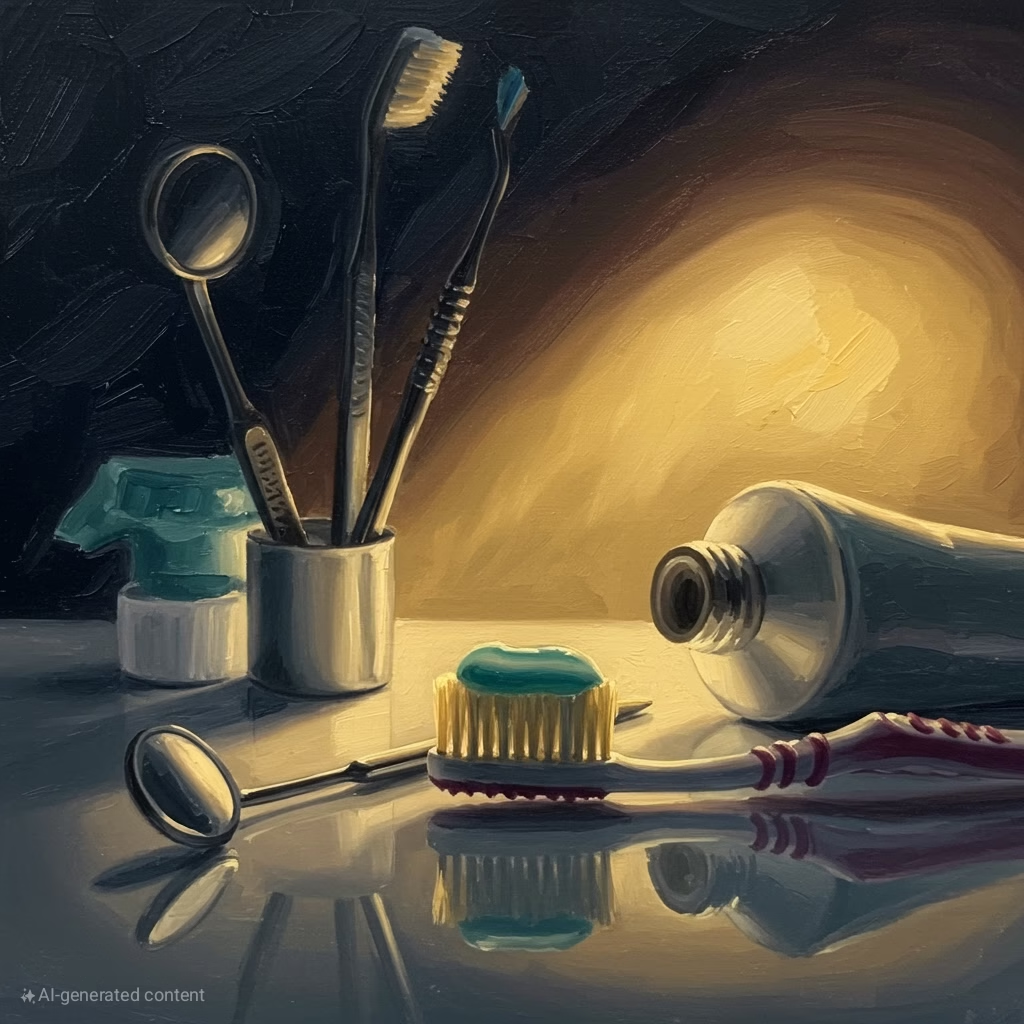


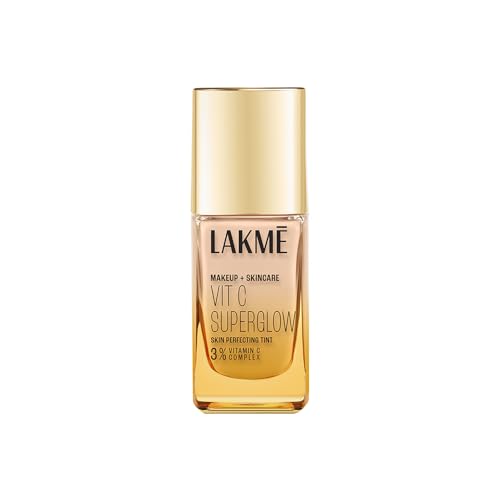
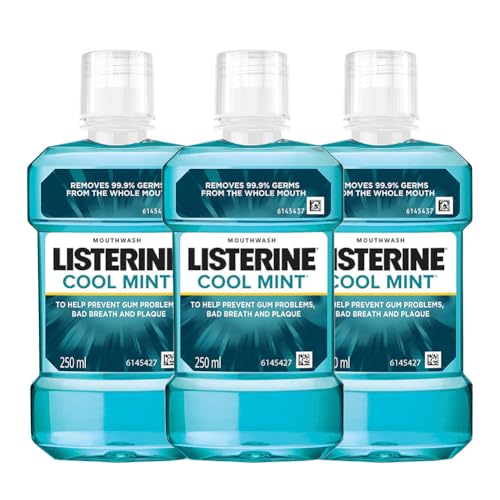

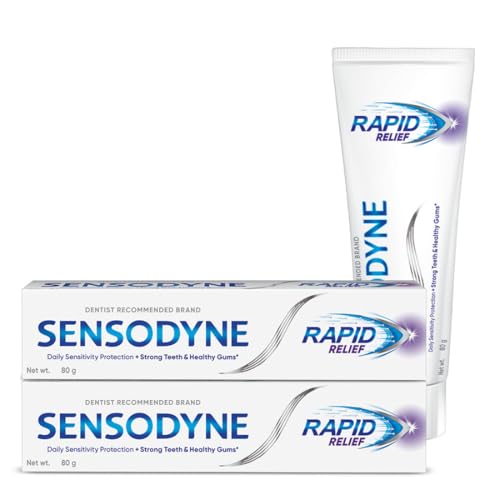
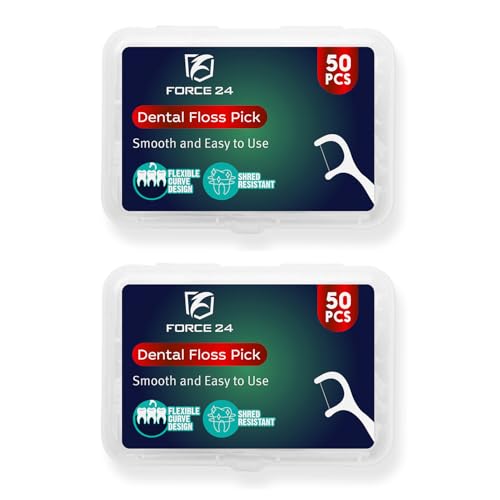

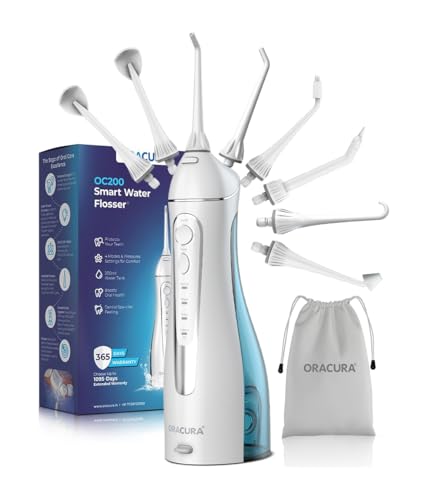
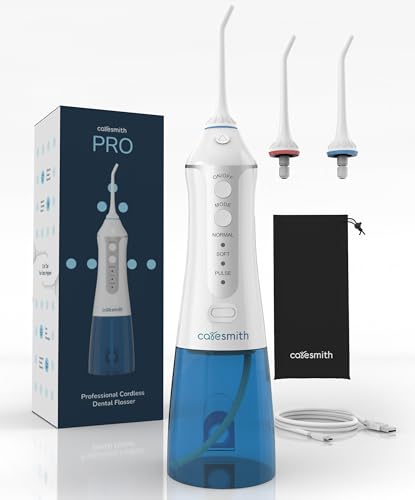

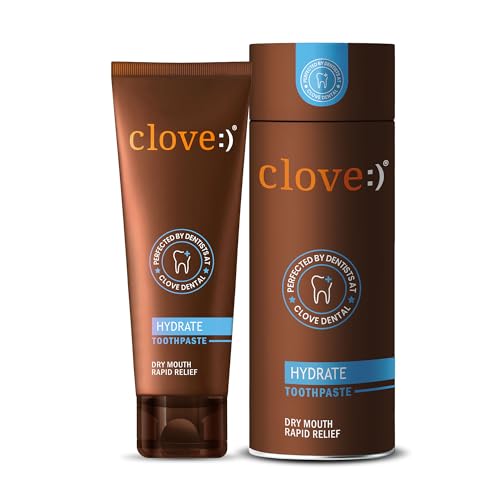
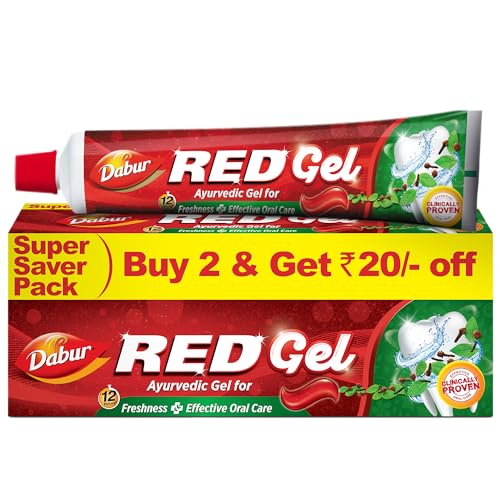










1 Comment
[…] Also Read: Best tips to keep Dental health […]